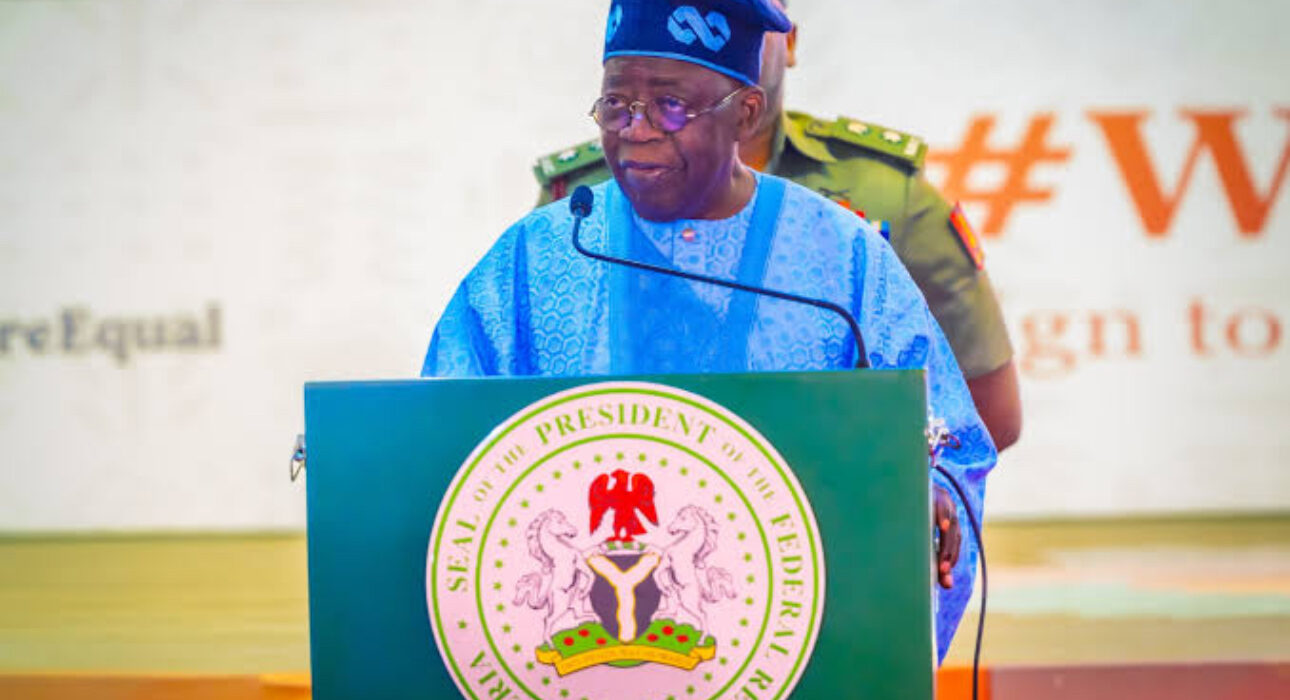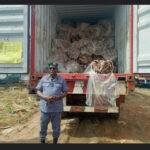Renewed Hope for Nigeria’s Livestock Sector Under Tinubu, Says Minister

Nigeria’s livestock industry is entering what officials describe as a transformative era under President Bola Tinubu’s Renewed Hope Agenda, with the creation of a standalone Ministry of Livestock Development now driving policy direction and strategic interventions aimed at unlocking a ₦33 trillion industry.
The Minister of Livestock Development, Idi Mukhtar Maiha, announced in Abuja that President Tinubu’s decision to establish the ministry in July 2024 marked the beginning of a determined national effort to modernize the livestock value chain, reduce dependence on imports, improve food security, and resolve the longstanding herder-farmer conflicts that have plagued the country for decades.
According to the Minister, the livestock sector contributes approximately 5% to Nigeria’s Gross Domestic Product (GDP), yet holds the potential to double its economic impact if properly structured and developed. The ministry, in collaboration with local and international partners, is working to position Nigeria as a self-sufficient and export-ready producer of milk, meat, hides, eggs, and related animal products.
“President Tinubu’s Renewed Hope vision for the livestock sector is not just aspirational it is actionable,” Maiha stated. “This administration is fully committed to transforming livestock from a subsistence activity into a viable economic engine.”
One of the most high-profile interventions is the importation of over 200 high-yield Danish dairy cows, a move aimed at boosting domestic milk production and curbing the country’s reliance on foreign dairy imports, which currently cost Nigeria over $1.5 billion annually. The imported heifers are being introduced into Nigerian farms alongside modern cross-breeding programmes to improve local genetics and milk yields.
In addition to dairy, the Ministry has registered eight new varieties of pasture species the first such expansion in over four decades intended to improve feed quality and availability for livestock, especially in arid and semi-arid regions. These new grasses are being tested in selected locations and are expected to reduce reliance on unsustainable grazing practices.
Also underway is a livestock genetics improvement scheme backed by partnerships with the Food and Agriculture Organization (FAO) and other global stakeholders. The programme includes the establishment of a national animal registry, vaccination campaigns, and veterinary health infrastructure, particularly in underserved rural communities.
Beyond production, the ministry is also tasked with resolving long-running tensions between nomadic herders and settled farmers, a conflict that has frequently erupted into violence across many Nigerian states. A Presidential Committee on Livestock Reforms, chaired by President Tinubu himself, is working alongside the ministry to establish grazing reserves, promote ranching, and improve land-use planning.
The formation of the ministry itself has been widely praised by stakeholders in the livestock sector. Groups such as the Miyetti Allah Cattle Breeders Association of Nigeria (MACBAN) called it a long-overdue move that offers a coherent institutional platform to drive innovation, funding, and regulatory oversight.
“The livestock sector has been neglected for too long,” said a spokesperson for MACBAN. “We finally have a ministry that understands our needs and is willing to invest in long-term growth.”
Minister Maiha stated that Nigeria’s livestock market has the capacity to create over 500,000 direct and indirect jobs by 2027 if current reforms are fully implemented. He explained that despite a large livestock population, local consumption of animal products remains far below global averages. For instance, milk consumption per capita in Nigeria is around 8.7 litres per year, compared to a global average of 44 litres.
The ministry’s roadmap includes public-private partnerships, rural infrastructure development, export certification systems, and youth empowerment through livestock enterprise schemes. These reforms, officials say, will not only improve food security but also reduce inflation and diversify Nigeria’s foreign exchange earnings.
Despite widespread optimism, challenges persist. Key among them are cultural resistance to ranching, land ownership disputes, and infrastructure deficits in rural areas. Experts also caution that foreign partnerships must be transparently managed to avoid exploitative arrangements and ensure that benefits reach Nigerian farmers.
Nonetheless, the Tinubu administration remains confident that its Renewed Hope Agenda will reposition Nigeria’s livestock economy within the next five years. For many in the sector, it represents the first genuine opportunity in decades to shift from outdated practices to a modern, profit-driven livestock system.








